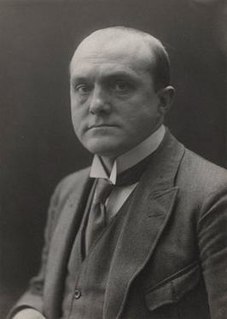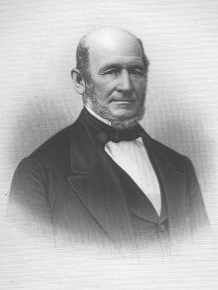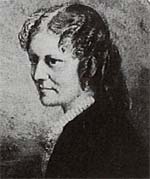A Quote by Hannah Arendt
A theology which is not based on revelation as a given reality but treats God as an idea would be as mad as a zoology which is no longer sure of the physical, tangible existence of animals.
Related Quotes
I do not deny God, because that word conveys to me no idea, and I cannot deny that which presents to me no distinct affirmation, and of which the would-be affirmer has no conception. I cannot war with a nonentity. If, however, God is affirmed to represent an existence which is distinct from the existence of which I am a mode, and which it is alleged is not the noumenon of which the word I represents only a speciality of phenomena, then I deny God, and affirm that it is impossible God can be.
In every system of theology, therefore, there is a chapter De libero arbitrio. This is a question which every theologian finds in his path, and which he must dispose of; and on the manner in which it is determined depends his theology, and of course his religion, so far as his theology is to him a truth and reality
There is however difference between the theology of liberation and traditional theology, the latter being based primarily On the Word of God made incarnate in the Holy Scripture Liberation theology is of course also inspired by the Word, but its representatives are convinced that God also speaks to us in everyday events and that, for example, information obtained through the mass media can be a special way in which God speaks to us.
The revelations which Joseph Smith has given to this people were given to him by Jesus Christ, the Savior of the world; and this people cannot be blessed if they lightly esteem any of them...For this purpose did He give the revelation on plurality of wives, as sacred a revelation as was ever given to any people, and fraught with greater blessings to us than we can possibly conceive of, if we do not abuse our privileges and commit sin. This doctrine is a holy and pure principle, in which the power of God for the regeneration of mankind is made manifest.
The ultimate goal of theology isn't knowledge, but worship. If our learning and knowledge of God do not lead to the joyful praise of God, we have failed. We learn only that we might laud, which is to say that theology without doxology is idolatry. The only theology worth studying is a theology that can be sung!
Interestingly, God's remedy for Elijah's depression was not a refresher course in theology but food and sleep... Before God spoke to him at all, Elijah was fed twice and given a good chance to sleep. Only then, and very gently, did God confront him with his error. This is always God's way. Having made us as human beings, He respects our humanness and treats us with integrity. That is, He treats us true to the truth of who we are. It is human beings and not God who have made spirituality impractical.
There's one uneasy borderline between what is external and what is internal, and this borderline is defined exactly by the sense organs and the skin and the introduction of external things within my own body. Consciousness is altered by physical events and physical objects, which impinge upon my sense organs, or which I introduce into my body. Now the name traditionally given to external objects or processes which change you internally is sacrament. Sacraments are the visible and tangible techniques for bringing you close to your own divinity.
I believe in revelation, but not in revelation which each religion claims to possess, but in the living revelation which surrounds us on every side - mighty, eternal, unceasing, incorruptible, clear, distinct, universal as is the being from whom it proceeds, in that revelation which speaks to us and penetrates us from the moment we are born until we die.







































